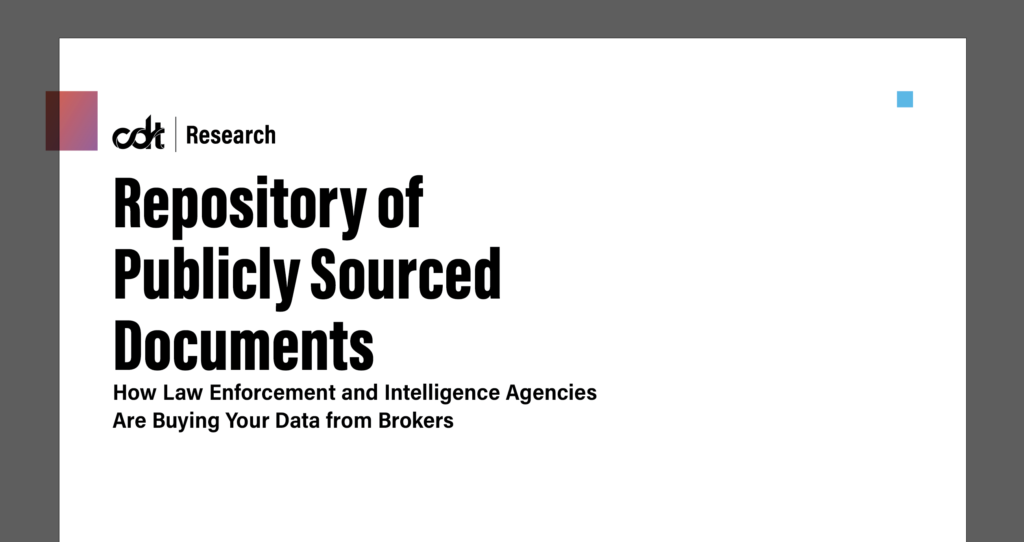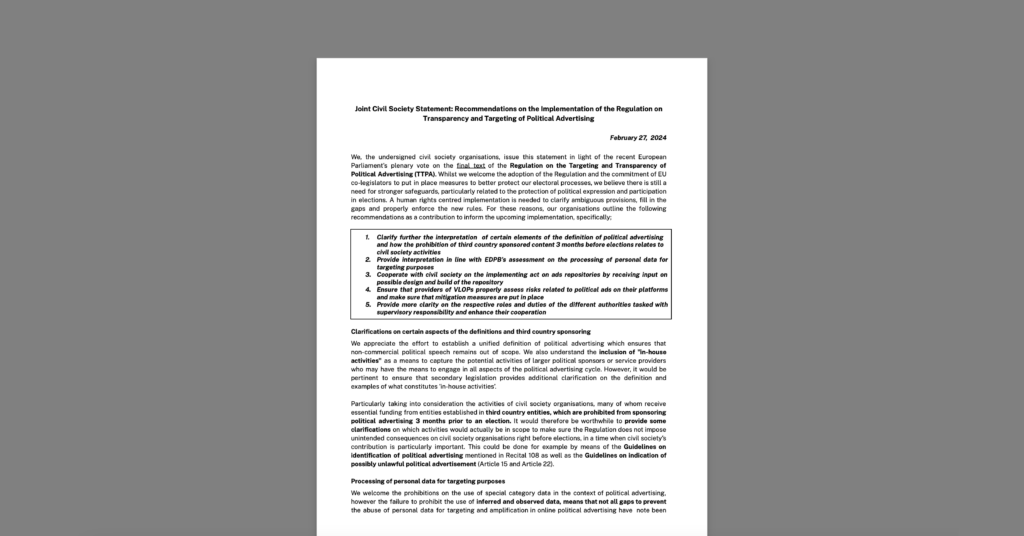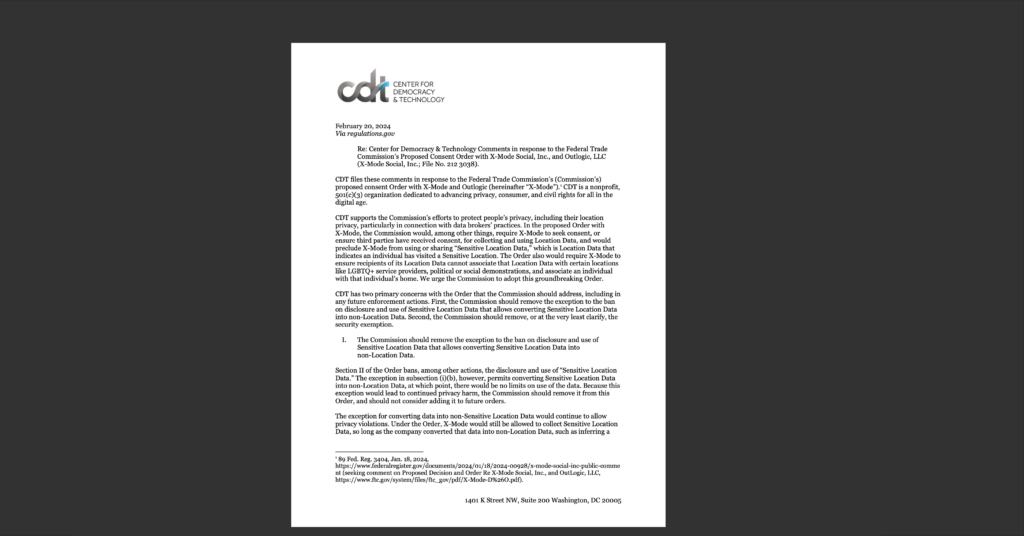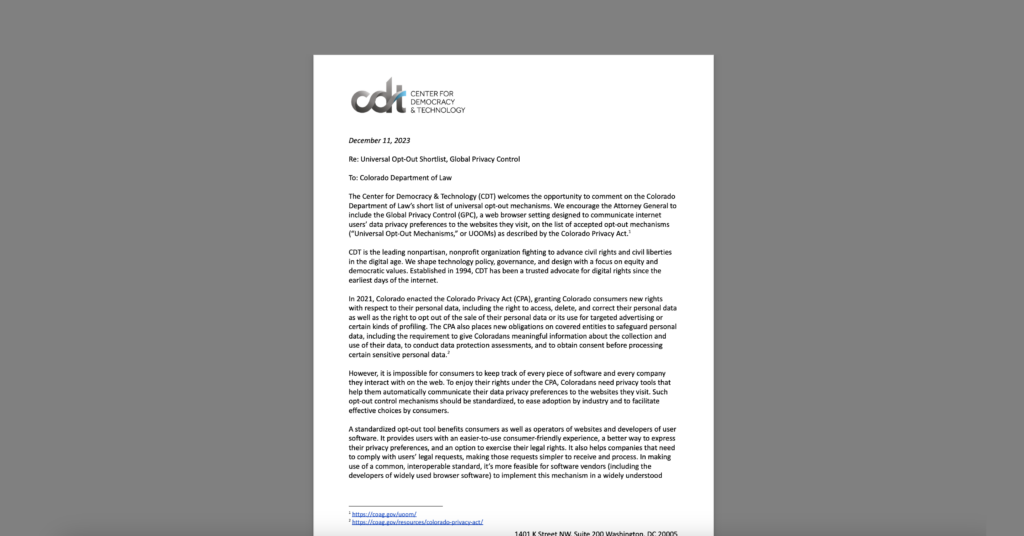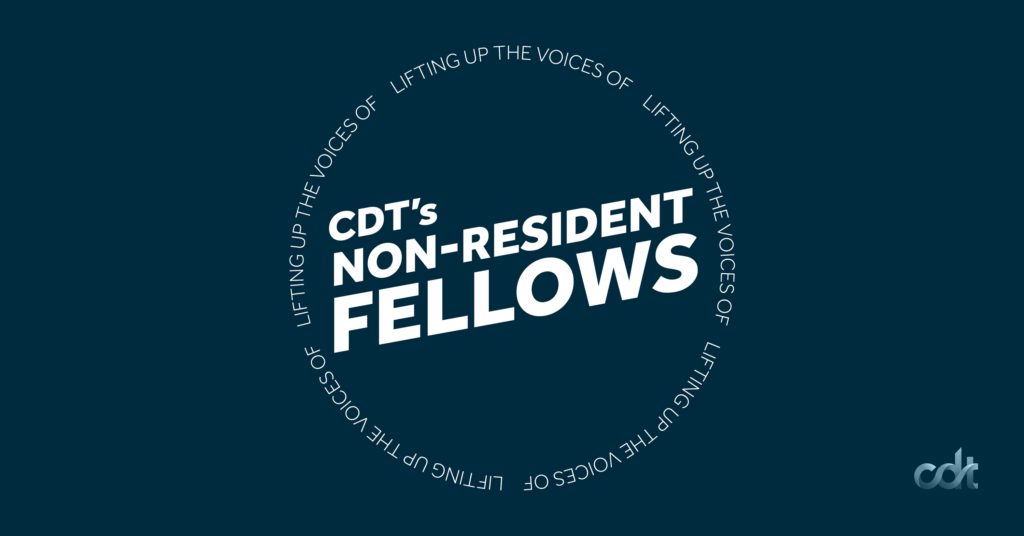
Online advertising is a multi-billion-dollar global industry, helping support myriad websites, mobile apps, products, and services. But civil society, policymakers, and members of the public are rightly concerned that today’s online behavioral advertising (also known as “programmatic,” “personalized,” or “targeted” advertising) rests on unacceptably intrusive and opaque commercial surveillance that people are all but powerless to escape, at least if they want to participate in digitally-mediated political discourse and economic activity.
Such personalized advertising can result in discrimination and exposure to unwanted or distressing messages, among other harms. Meanwhile, advertisers face fears of brand safety and concerns about what their advertising supports, while publishers struggle with inconsistent sources of revenue.
Ad tech is also an increasingly concentrated industry, in which some of the world’s biggest technology companies are dominant. Global competition regulators are taking note, and online advertising is the subject of investigations, litigation, and other enforcement actions on both sides of the Atlantic.
CDT is working with a broad set of stakeholders to diagnose the specific ailments that plague online advertising, analyze new proposals against long standing human rights principles, and craft an advocacy agenda that promotes human rights, bolsters democracy, and supports legitimate commercial activity and content creation in a transparent and accountable way.
Resources
Legal Loopholes and Data for Dollars: How Law Enforcement and Intelligence Agencies Are Buying Your Data from Brokers
In this report, CDT examines a) the nature and scale of the purchase of personal data by federal law enforcement and intelligence agencies from data brokers, and b) how these agencies rely on such purchases in situations where they should be first required to obtain a warrant or other formal legal process. As part of this research, we reviewed numerous publicly available documents that described how federal law enforcement and intelligence agencies work with data brokers.
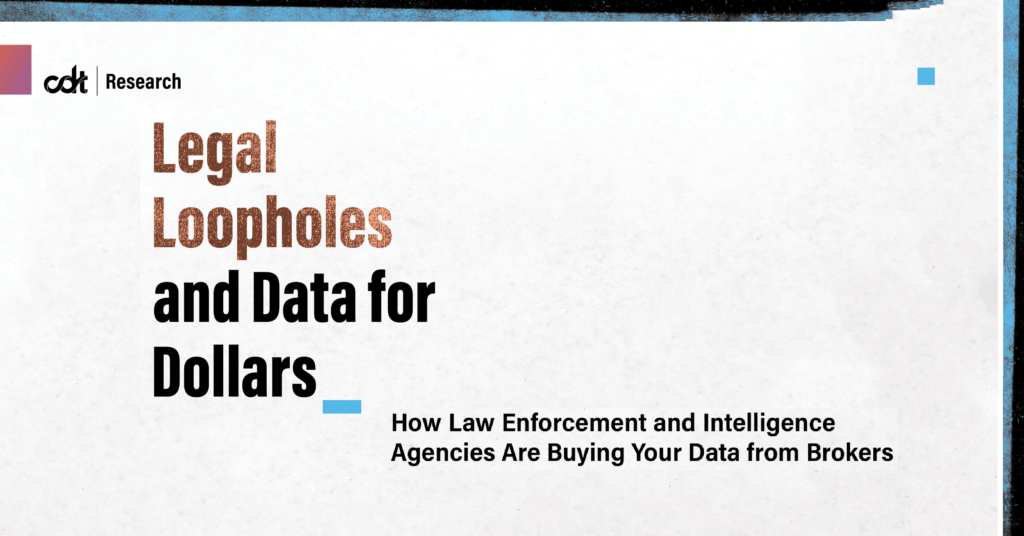
Repository of Publicly Sourced Documents Cited in CDT’s Report – Legal Loopholes and Data for Dollars
In a new report by CDT entitled Legal Loopholes and Data for Dollars: How Law Enforcement and Intelligence Agencies Are Buying Your Data from Brokers, we examine a) the nature and scale of the purchase of personal data by federal law enforcement and intelligence agencies from data brokers, and b) how these agencies rely on such purchases in situations where they should be first required to obtain a warrant or other formal legal process. As part of this research, we reviewed numerous publicly available documents that described the ways in which federal law enforcement and intelligence agencies work with data brokers.
